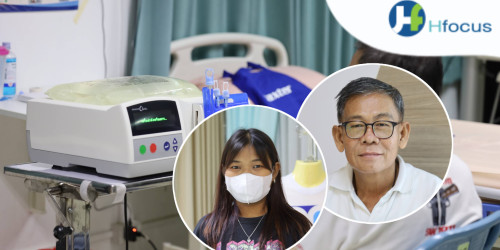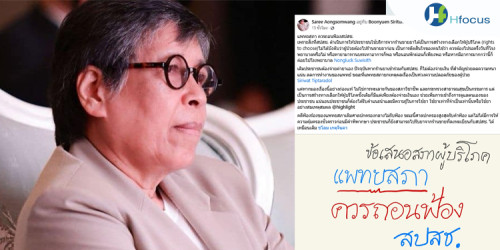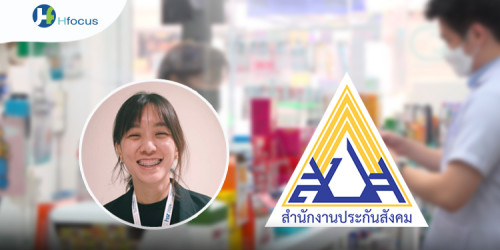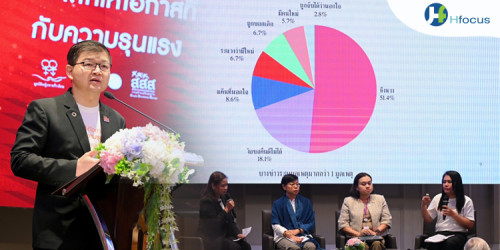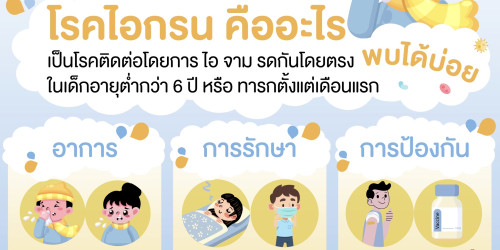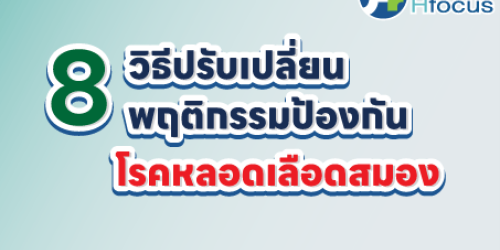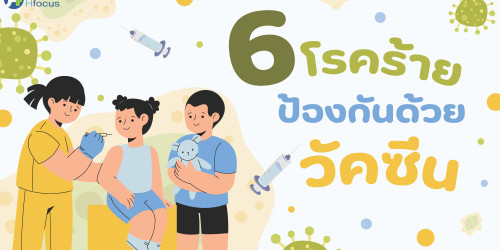A network working on reducing the harm caused by drug abuse yesterday demanded the government stop using violence and discrimination against drug addicts.
The 12D Network will formally submit the demand that the government review its drug suppression policy to Prime Minister Yingluck Shinawatra at Government House today.
The move coincides with the International Day Against Drug Abuse and Illicit Trafficking.
In its report presented to a seminar in Bangkok yesterday, the 12D Network said drug abuse has remained prevalent since the government of former prime minister Thaksin Shinawatra launched its war on drugs in 2003.
The current government of Prime Minister Yingluck Shinawatra, Thaksin's sister, highlighted drug suppression as one of its achievements last year. It sent 500,000 drug addicts into rehabilitation last year and has set a target to arrest another 300,000 this year.
But the network said this work has done nothing to reduce the incidence of drug use nationwide."The government's drug suppression policy has not helped to reduce the number of drug users," Jon Ungpakorn, a founder of the Aids Access Foundation told the seminar.
"On the contrary, it has created more problems for drug addicts and society."
He said the government has treated drug addicts as criminals instead of viewing them as patients who require access to the public health system, he said.
It is estimated that 1.9 million people in Thailand use drugs. About 36% of them share syringes, which exposes them to the risk of HIV infection.
Rights activist Veerapan Ngammee said many drug addicts are unable join the public health service, including taking blood tests, because the government's drug suppression policy has placed them in fear of making themselves known.
Mr Veerapan said authorities are also against the idea of providing clean syringes for drug addicts.
"It's impossible to reduce the number of drug addicts to zero," he said."It's important to implement policies that reduce harm from using drugs."
The network said the drug suppression policy focuses only on making arrests.This often violates drug users' rights,pays little regard to the welfare of addicts,and does not screen for the level of their addiction, it said.
A record of the Public Health Ministry's rehabilitation programme shows only 10% of the 560,000 participants who took part are serious drug addicts. Twenty percent use drug regularly while the rest are irregular drug users.
Source: Bangkok Post June 26, 2013
- 3 views

